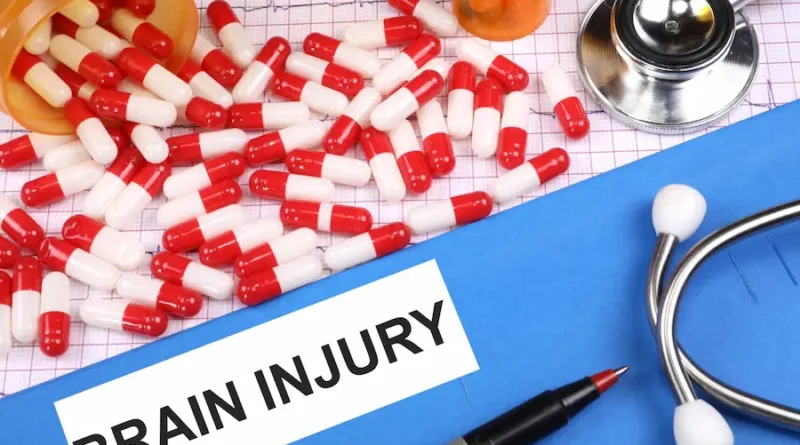Everything You Need To Know About Brain Injury Treatment
A team approach to treating brain injury patients is a more effective way to address the varied impacts of brain injury. This includes physical therapy, anti-seizure drugs, and inpatient rehabilitation. The team also focuses on supporting the patient’s emotional well-being. A Brain Injury Treatment can aid in a person’s recovery from TBI and, in some cases, reduce or eliminate specific physical, emotional, and cognitive issues associated with TBI. The type, setting, and duration of treatment are determined by the severity of the injury and the area of the injured brain.
Inpatient Rehabilitation
Compared to outpatient rehabilitation, inpatient rehabilitation for brain injury is more intensive and involves specialist care. Inpatient rehabilitation centers offer a structured rehabilitation program for the entire day. Some patients can also receive further treatment as an outpatient. Nevertheless, inpatient rehabilitation is the better option for most people.
Inpatient rehabilitation hospitals offer round-the-clock care by registered nurses. These nurses monitor and report any changes to the treating physician. They also help patients monitor their sleep patterns, which can be disrupted after a brain injury.
Additionally, case managers oversee the care provided by the hospital’s medical staff. They can also link patients with support groups and home health services. In addition to helping patients navigate the rehabilitation process, case managers can assist with insurance and other related matters.
Physical Therapy
The initial phase of physical therapy for brain injuries focuses on reducing swelling and managing symptoms. While patients can gradually return to daily activities, they should avoid anything that exacerbates their condition. For moderate to severe traumatic brain injuries, emergency care prioritizes stabilizing blood and oxygen supply to the brain, maintaining blood pressure, and preventing further head trauma. In some cases, a CT scan in Wayne, NJ, or another trusted facility, can be extremely useful for assessing the extent of the injury and guiding treatment decisions.
In the early phase of the injury, the patient may be unable to carry out everyday activities, such as eating or walking. Physical therapists help patients with traumatic brain injuries regain their biological function. They can also advise on equipment and gear to help patients maintain their normal daily activities.
Anti-seizure Drugs
After a traumatic brain injury (TBI), doctors may begin administering anti-seizure drugs to treat the symptoms. Seizures can make it difficult for people to think and move. Patients with TBI may need this treatment for up to seven days.
However, there is some controversy surrounding the role of anti-seizure drugs in preventing seizures in patients with TBI.
The study will involve randomization of patients into a study group that will receive anti-seizure drugs for seven days or a control group that will not receive anti-seizure medicines. Patients will be informed about their study eligibility before enrolling in it. The patients will be followed for seven days post-injury and up to one month following.
Supportive Care
Supportive care is essential for individuals who have sustained a brain injury. It can include assistance with basic tasks like paying bills, preparing meals, laundry, and grooming. In addition, it may involve teaching the individual to take care of themselves. This can be done in a home or a professional setting. In addition to that, organizations such as Adeo can also offer personalized support and resources to help individuals recovering from brain injuries regain independence and enhance their daily living.
Depending on the type of brain injury, the rehab program will be tailored to the person’s needs. It may involve various healthcare providers but should include a central point of contact or “case coordinator.” The program will evolve as the individual’s needs and abilities change. It can last for several months or even years. The length of rehabilitation will depend on the extent of brain damage and how well the individual responds to therapy.



